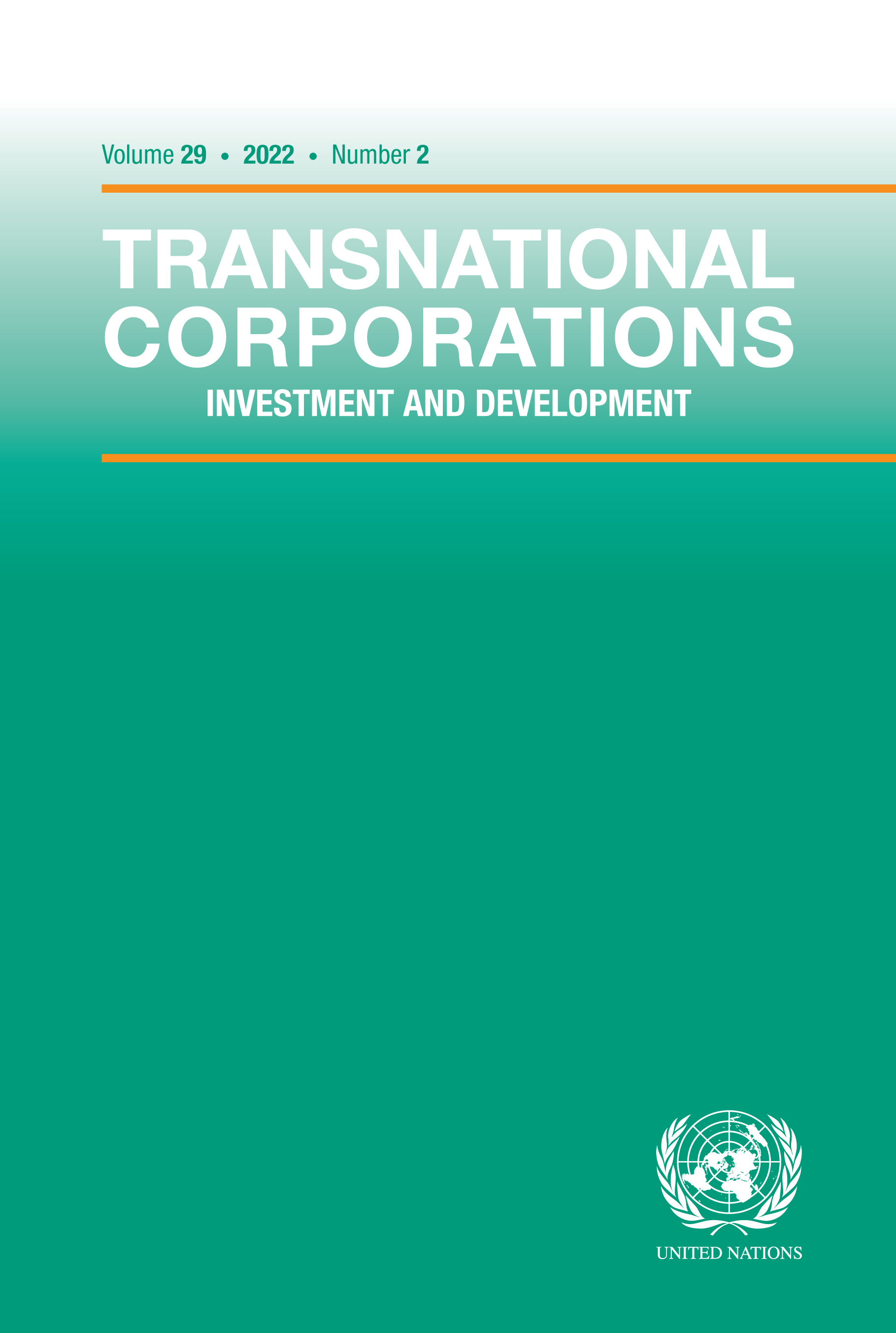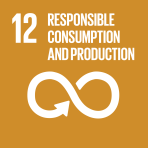-
Articles: Multinational enterprises and the welfare state
- Source: Transnational Corporations, Volume 29, Issue 2, Aug 2022, p. 1 - 24
-
- 29 Aug 2022
Abstract
This paper presents an empirical analysis on the extent to which a country’s welfare spending influences foreign direct investment (FDI) decisions, particularly as they relate to relocations. We argue, and subsequently empirically test, that higher welfare spending by governments attracts foreign investment. Moreover, multinational enterprises (MNEs) located in high welfare spending countries have a lower likelihood of relocating to foreign markets compared with MNEs in countries with lower levels of welfare spending. Using data for MNEs in 27 OECD countries, our results show that MNE location decisions are positively related to welfare spending. These findings appear to be more pronounced for MNEs operating in high-tech rather than in low-tech manufacturing industries. Our results suggest that high welfare spending does deter FDI in the case of host developing economies, but that these effects are small. We suggest that this is a result of firms being more hesitant to invest in developing countries where they will be expected to contribute to welfare. This suggests that a degree of trust between firms and host country governments is required on institution building and the delivery of welfare. Our results suggest that the conventional wisdom of firms avoiding or relocating away from locations due to the associated additional costs of high welfare spending is questionable, but that firms need to be confident on the efficacy of this welfare expenditure.





